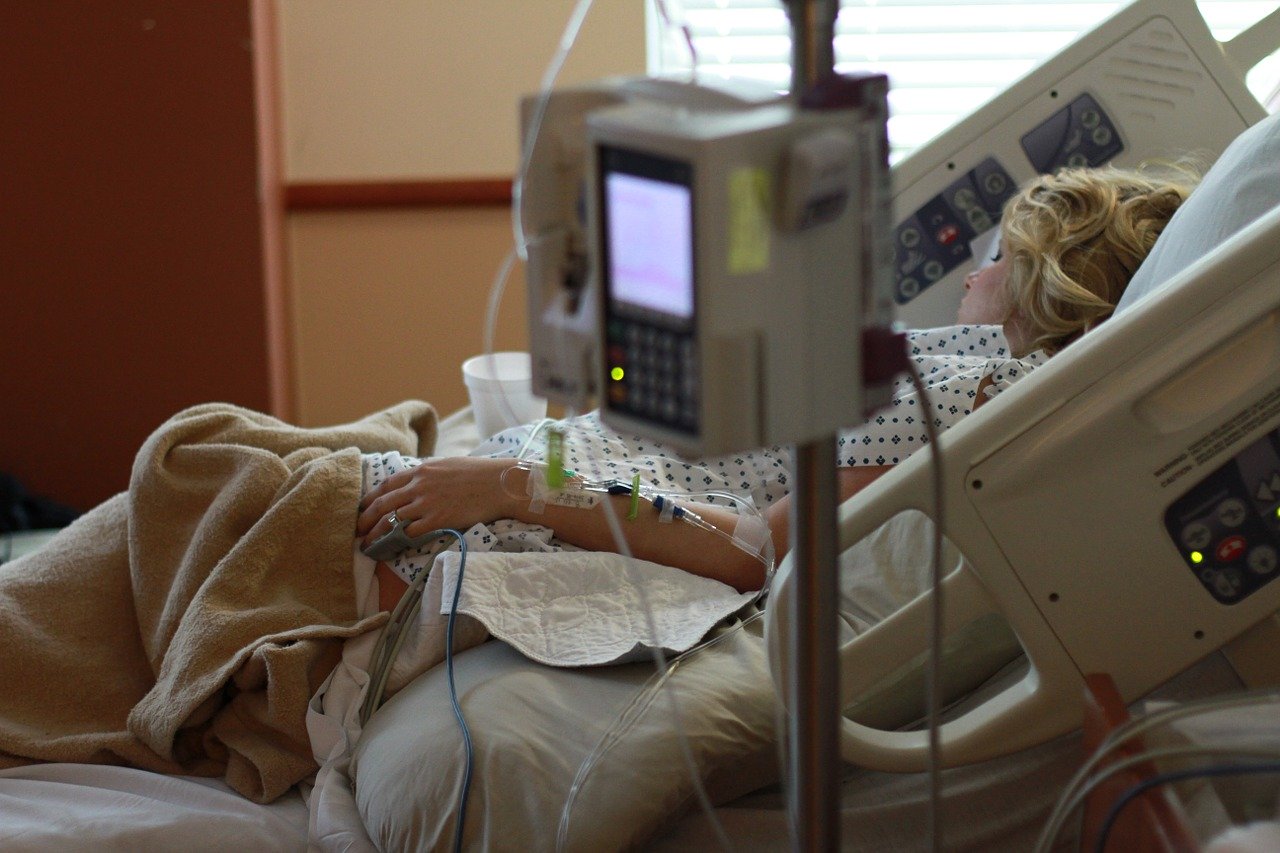Since the start of the pandemic, experts have been saying that most COVID-19 infections are bound to be short-term. Although this may be true, more and more medical professionals and scientists are now recognizing that cases with long-term symptoms have grown in number as the global health crisis continues to ravage the world in its second year. Stanford Medicine is among those who are trying to address the issue.
In May, Stanford Health Care opened its Post-Acute COVID-19 Syndrome Clinic, or PACS Clinic, in an effort to provide assistance to patients who are still struggling with the long-term effects of the disease on their bodies. The clinic was established after some of their physicians noticed that there was a lack of facility addressing the needs of long COVID patients.
“As the pandemic progressed, we started seeing patients with all kinds of lingering symptoms after their initial COVID infection … It was clear this was a huge problem, and we needed to serve these patients,” Linda Geng, MD, PhD, who co-directs the new clinic, said in a statement published on Stanford’s website.
According to Stanford, since COVID-19 cases have significantly lowered after last winter’s peak, the media, the federal government and the medical community are now looking into post-viral COVID-19, or long COVID, since a number of recovered patients have reported about their struggles with lingering symptoms.
Before, health experts only observed long COVID symptoms in recovered patients who battled a severe case of the coronavirus disease. But now there has been an undeniable increase in reported cases wherein post-COVID symptoms manifested in people who only battled the mild form of the disease, and even those who did not manifest initial symptoms at all, according to the Centers for Disease Control and Prevention (CDC).
The most commonly reported lingering symptoms include breathing problems, fatigue, brain fog, chest or stomach pain, headache, cough, heart palpitations, muscle pain and sleep problems, among others. In some cases, long-haulers experience rashes and hair loss.
The cause of post-viral COVID-19 remains unclear, and the number of people who have it is also unknown. Stanford estimated that about 30% of recovering patients might be dealing with the newly described illness. Unfortunately, there is no means to prove this as of late since there is still no definitive lab test to diagnose long COVID.
Even the CDC has acknowledged that there is not much experts and clinicians can do about it aside from continuously monitoring the long-term effects of the coronavirus on recovered patients. Nonetheless, the national public health agency is hopeful that its ongoing rapid and multi-year studies could provide answers in the near future.
For now, Stanford is offering post-viral COVID-19 patients with a treatment program that’s designed to address their individual concerns. PACS Clinic provides comprehensive testing and management plans that cater to each patient’s needs and goals.














